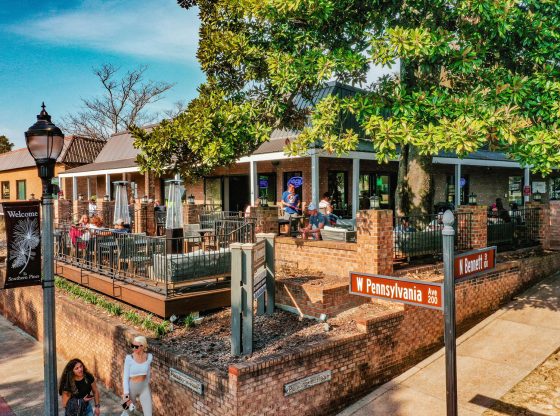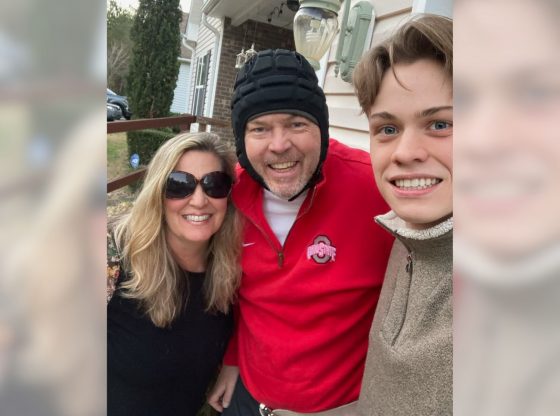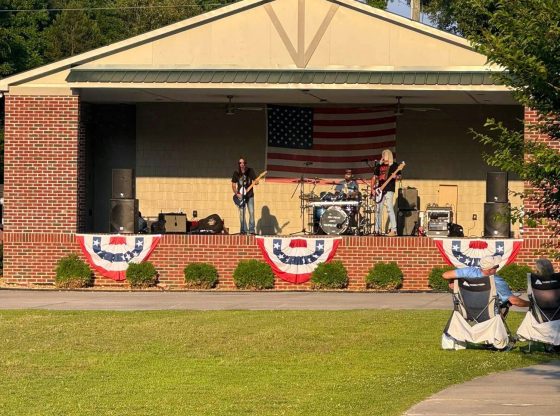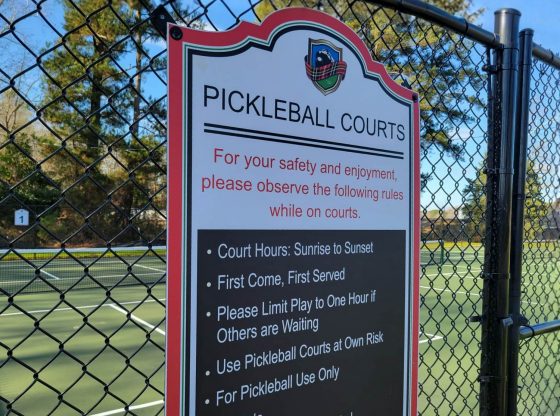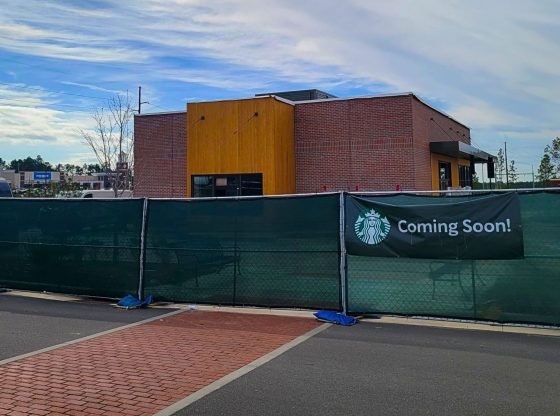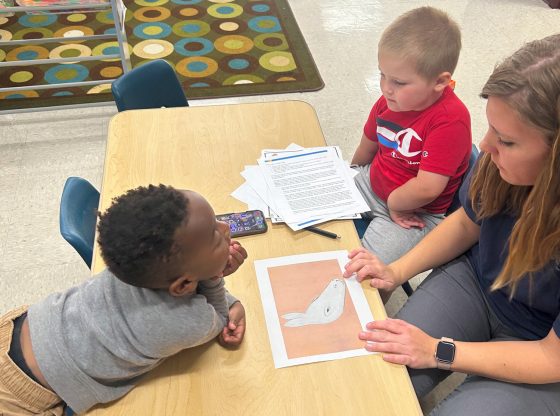Pinecrest High School held an assembly on social media topics. The students learned about the perils and pitfalls associated with social media.
Detective Sergeants Hannah Mauldin and Anthony Guerra from Moore County Sheriff’s Office spoke to the students on cyberbullying and sexting.
The detectives interacted with students clarifying definitions, methods and discussing the destructive nature the misuse of social media can have. Additionally, they provided information on what to do in case they were a victim.
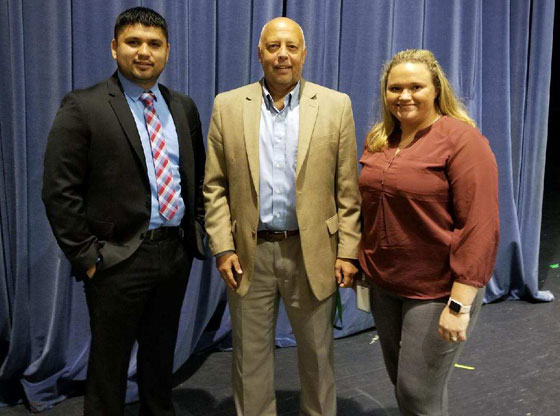
“Cyberbullying” is when a child, preteen or teen is tormented, threatened, harassed, humiliated, embarrassed or otherwise targeted by another child, preteen or teen using the Internet, interactive and digital technologies or mobile phones.
When surveyed, 81 percent of youth say that teens’ cyberbully because it is “no big deal.” In actuality, victims of cyberbullying can suffer emotionally, socially, behaviorally and academically.
Victims of cyberbullying can become depressed, develop eating disorders, stop hanging out with friends, and lose interest in school. Cyberbullying sometimes occurs in addition to other forms of victimization. Someone may also be experiencing physical bullying, intimate partner violence, harassment, or stalking.
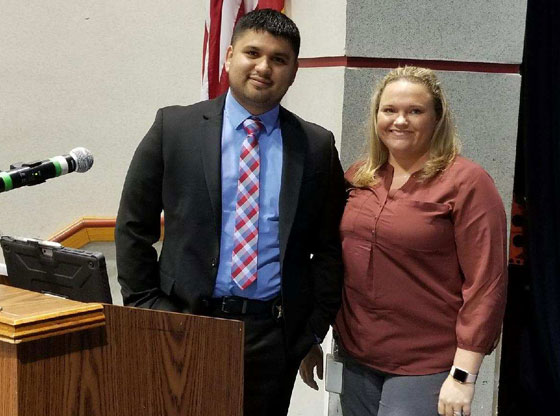
Sexting is “the sending or receiving of sexually-explicit or sexually-suggestive images or video via a cell phone.”
“Cyberbullying follows Sexting,” said Detective Sergeant Hannah Mauldin. “Vulnerable young girls are being pressurized into sharing images, which can then be used in an exploitative way. Some kids use it as a form of bullying.”
According to the National Society for the Prevention of Cruelty to Children, 60% of teenagers have been asked for sexual images of themselves. CosmoGirl reports that 44% of teens say sexts are commonly shared amongst third parties.
“I would like to thank Pinecrest High School Administrators, Teachers and Becky Cameron, for this opportunity,” said Sheriff Neil Godfrey. “Cyberbullying and sexting are difficult and sensitive issues affecting our youth and any opportunity we, as law enforcement, have to create dialog is extremely beneficial. Through educational forums, we can absolutely make a positive impact.”






